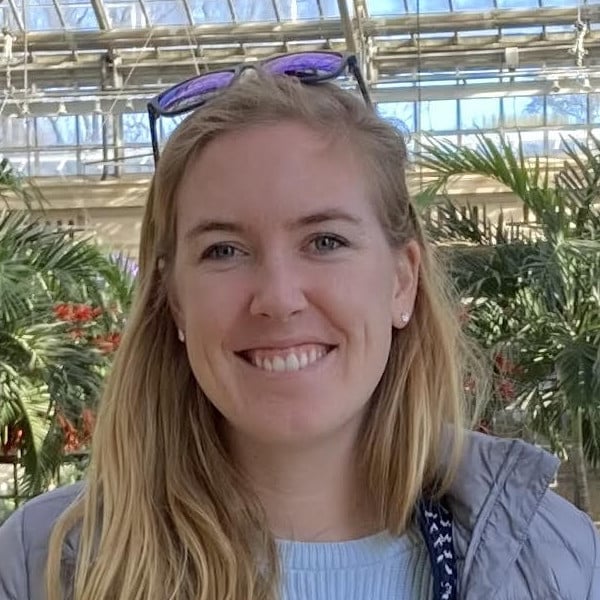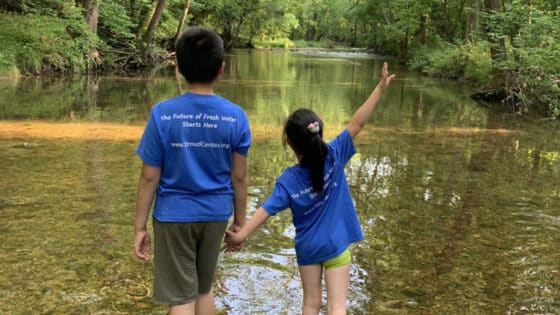The Fluvial Geomorphology Group studies the movement of water, sediment, organic matter, nutrients and other molecules through watersheds to better understand watershed hydrology, geomorphology, and biogeochemistry. We also investigate how watershed land use and river channel restoration practices influence hydrologically mediated processes such as surface-groundwater interaction, sediment transport, and channel evolution.
Fluvial Geomorphology Staff
Fluvial Geomorphology News
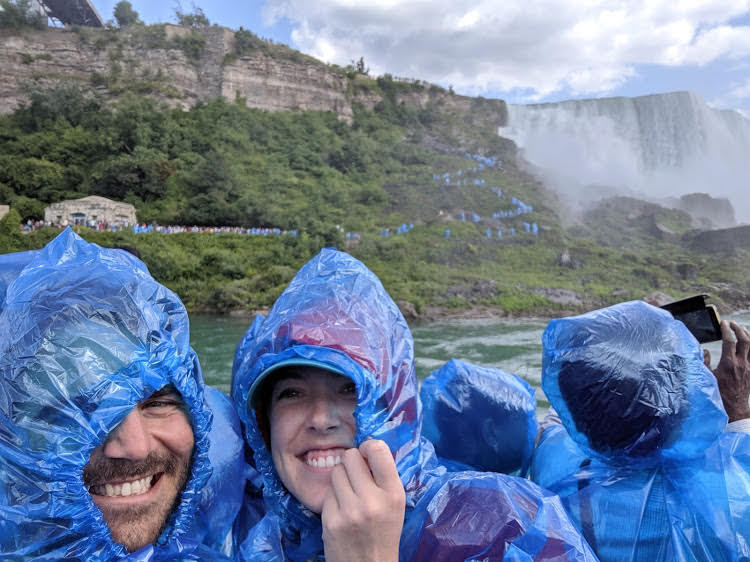
Meet “Waterfallologist” Kristen McCarthy
McCarthy's friends started calling her a “waterfallologist” during her undergrad years. A continuing focus on water quality and resources led her to the Stroud Center.
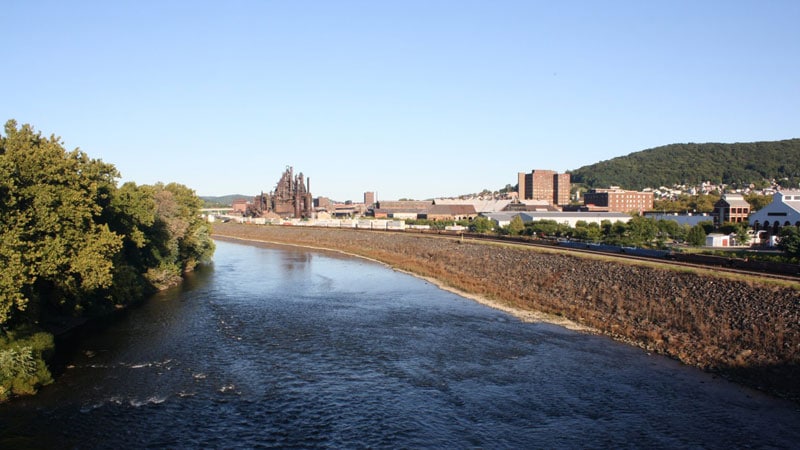
Why Is New York City Studying Pennsylvania’s Lehigh River?
Melinda Daniels, Ph.D., was interviewed as part of an NPR story about a study that’s causing concern among Pennsylvanians who depend on the river for their livelihoods.

Brook Trout (Salvelinus fontinalis) and Brown Trout (Salmo trutta) summer thermal habitat use in streams with sympatric populations
Ouellet, V., and M. Daniels. 2021. Journal of Thermal Biology 98: 102931.
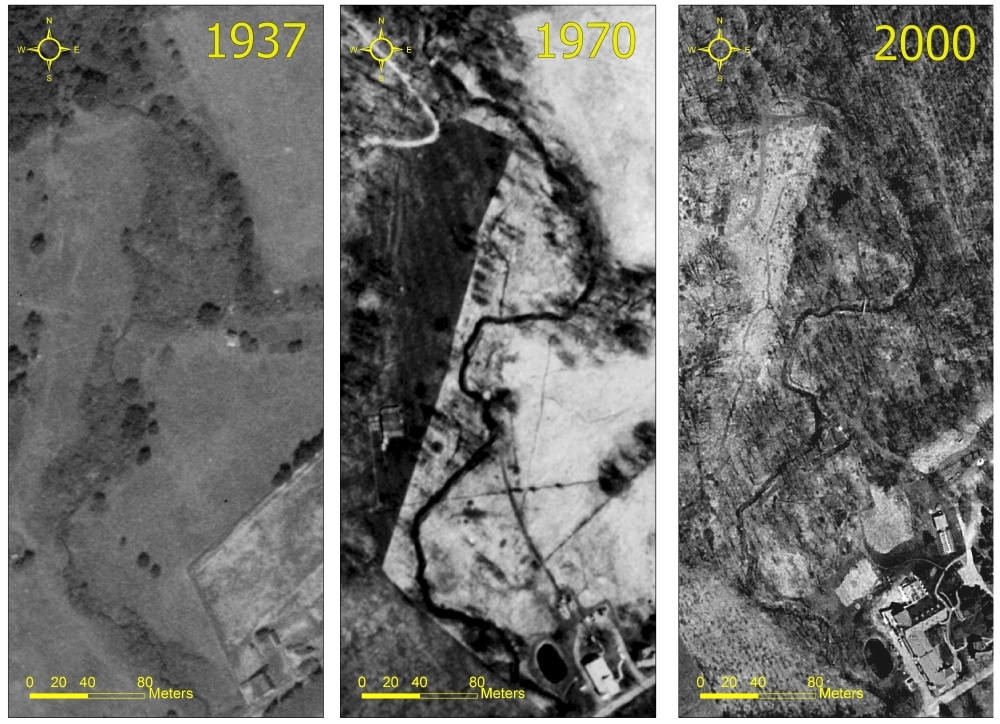
Patience is the Mother of Science: Long-Term Responses of a Stream to Reforestation
We're studying how White Clay Creek can recover from deforestation and agricultural expansion and to what extent restoration practices can acclerate that recovery.
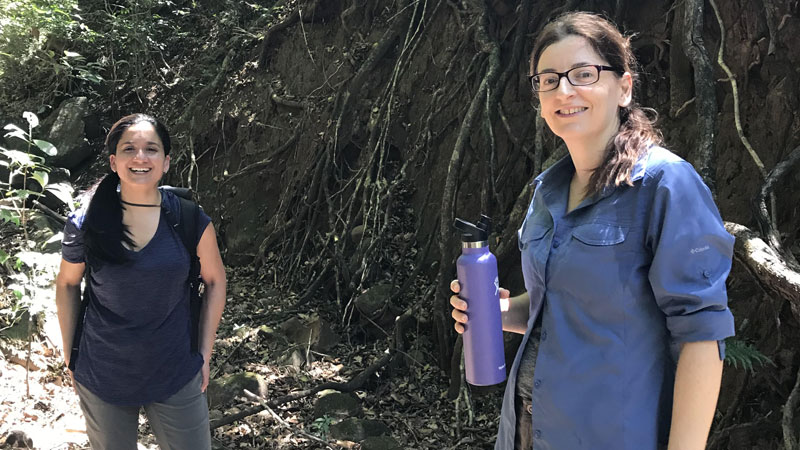
Stream Reach: Building Communities from White Clay Creek to the Yangtze Basin
To truly make a difference requires, not only understanding freshwater systems, but working with all kinds of communities to protect them.
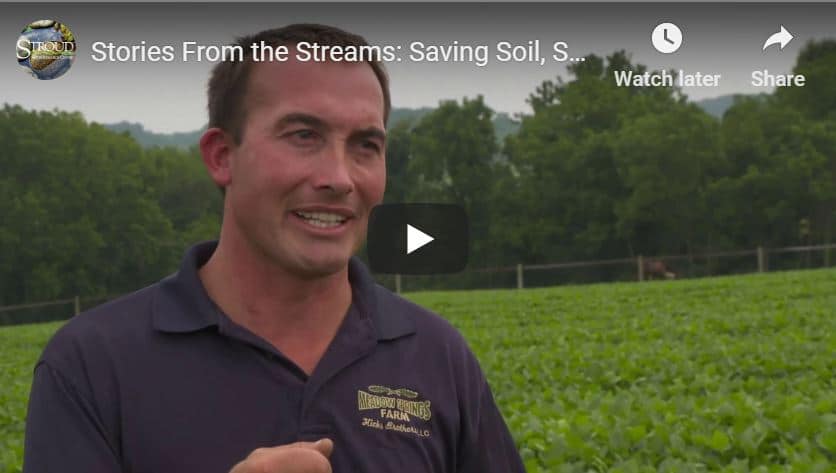
Stories From the Streams: Saving Soil, Saving Streams
Learn how farmers and scientists can work together to maintain the health of soil and streams. Episode 2 in the “Stories from the Streams” series from WHYY TV12.


